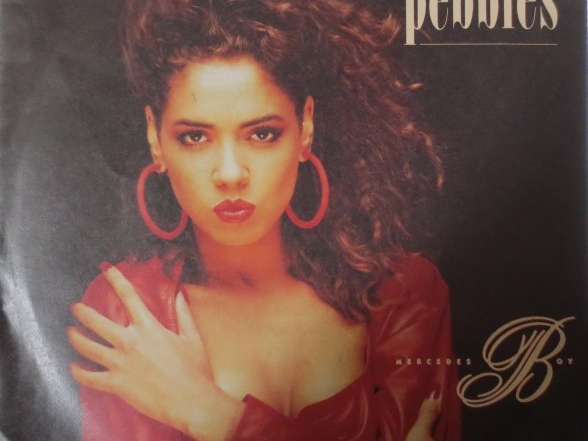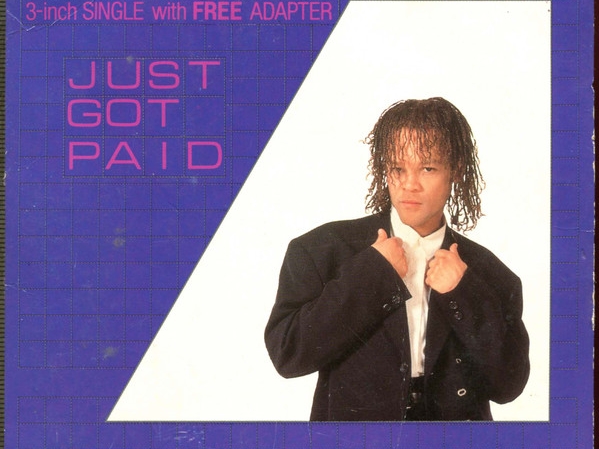I hope that some of you have been having as good of a time with this series as I have. We’re just beginning the second quarter of the year and in our look back to ’88 I’ve only posted a small portion of the amazing music that was either released or came to wider prominence in that year and what a list of artists and music! It truly was a special time. Today’s entry into the series is no exception.
“Wishing Well” was the second single from Introducing the Hardline According to Terence Trent D’Arby. Now I must take a quick station break here and just say that this song was very special to me on a musical level because of all the love given to the Baritone Saxophone player. In high school I played Bari which I never really took to. I mean it was cool and in 10th grade I did have a cadenza solo in the Exit Theme music when we did The Wiz (plus that cool lead in on “Ease On Down The Road”) and a couple of other solos in the rite of passage known as Stage Band. A lot of time as a Bari Player you’re in between doing sax section work or doubling the 4th trombone or as some sort of assistant to the bass. But to hear a Bari Sax line that was a prominent and memorable line in the hook and a solo? Man, I had not been that excited since Summer ’86 when I heard Eric Leeds Bari work on “Girls and Boys”.
Part Memphis Fatback, part London late 80’s chic and a lot of other things in and between “Wishing Well” is one of those jams that just drives. This was the height of let’s use MIDI to make everything and here you have a live band on a Black Artist’s Record that wasn’t a legacy artist? Where did they do that at then? Not here. What a gift. Soulful and organic singing this was a song and a vibe you could feel. When listening to the song you could visualize the smoke in the room when the guitar plays its lead line. The music gave a young musician hope for the future, it was a moment to see and hear the possibilities of what the previous generation took for granted: music played by musicians which was in direct opposition to our new normal, the proxy of programming machines to make music.
Ivan Orr is a multi-instrumentalist, composer, performer, and writer. A native of Charlottesville, Virginia Ivan was involved with the forming and nascent days of The Music Resource Center as its first Program Director. A graduate of Virginia Commonwealth University’s Department of Music, Ivan currently resides in Richmond, VA where he maintains an active performance and production schedule while serving as the Music Editor for Grown Folks Music, a position he has held since 2010.
RELATED POSTS
February 28, 2013
1/4 past ’88: Pebbles “Girlfriend”
March 6, 2013
1/4 Past ’88 – Big Daddy Kane “Raw”
January 17, 2018




